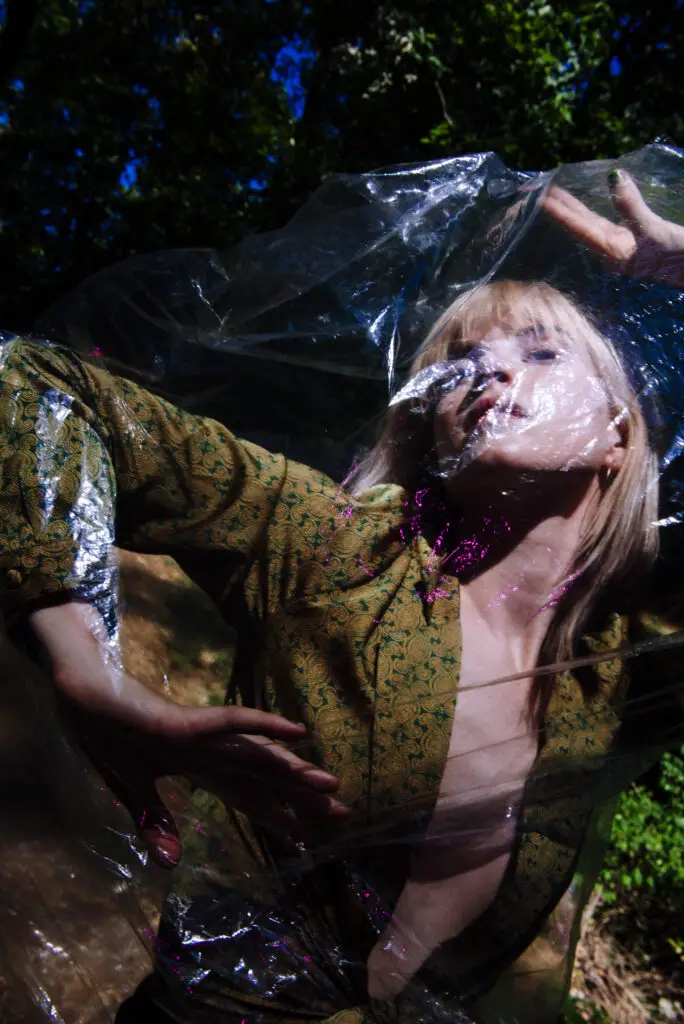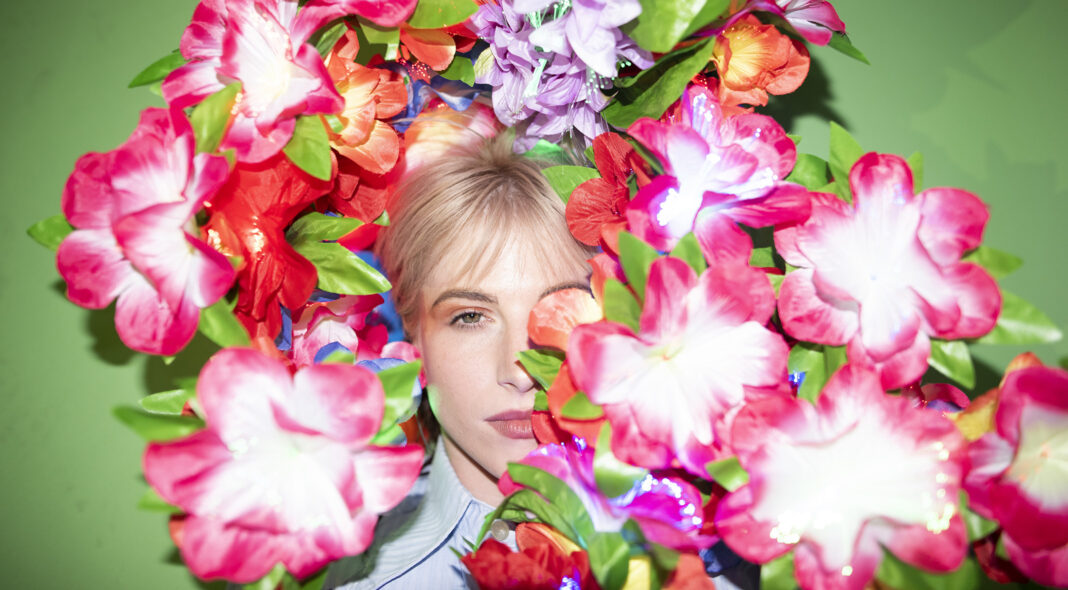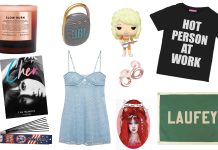In early 2008, I went to my first and only Paramore show. I wasn’t obsessed with the band, but I liked them enough to go along with a friend, largely because very few big gigs happened in my city. The main reason for my interest, though, was the inexplicable degree of camaraderie I already felt with lead singer Hayley Williams. I was only five years younger than her, but on the floor looking up at her, bursting with talent and singing her heart out in a sold-out venue, it was apparent we were worlds apart.
We did have one thing in common, though. In emo, and pop punk, I often felt like the only girl in the room. There were rarely other girls next to me, let alone on the stage. On my way out of the show that night, I intended to wait by the tour bus for the chance to meet Hayley. The security surrounding the 19-year-old was immense: big, burly guys waiting between the bus and venue in a space otherwise occupied by grown male fans. I felt discomfort, and I left, but I also felt our kinship deepening. After spending a few hours batting away the ever-encroaching hands of men, it seemed to me as if Hayley Williams spent much of her time doing the same, if often figuratively.
At 14, I was deep in the “not like other girls” phase that a lot of women fall victim to before growing up. Hayley Williams, now an incredibly wise 31-year-old, found herself there too, writing the combative ‘Misery Business’ before maturing and apologising for the throwaway use of the word “whore”: “It was quite literally a page in my diary about a singular moment I experienced as a high schooler,” she said, moving away from singing the lyrics live. That moment was pivotal for me: I couldn’t see why Hayley had to apologise for using a word as a teen that hundreds of grown men in her scene still do, but I recognised the shift from trying to set myself apart from other women before realising they were my allies.
With her solo project and album, ‘Petals For Armor’, Hayley Williams recently signalled a huge shift from her career in Paramore. ‘Petals…’ is experimental, complex and cathartic. It explores her relationships, trauma and depression in agonising detail, the album campaign, fittingly paired with imagery of blooming flowers. Hayley matured a lot while in Paramore, but ‘Petals…’ sees her moving even further from who she was. For someone who grew up in the public eye in real time, Hayley has done so gracefully. Much of her trajectory is familiar to her fans, many of whom were her age or younger when she entered the spotlight. ‘Petals…’, for that reason, is deeply personal.
The album is full of raw details. Revealing interviews, mostly with women, have seen Hayley coming clean about not only her painful divorce from New Found Glory’s Chad Gilbert but also, her losses, her immense depression and the pressures that she faced. The record itself is distinct from the emo and pop sounds that made Paramore’s legacy, but its fanbase remains somewhat the same, in part because of its fierce dedication to Hayley, a dedication she’s strengthened with her vulnerability.

For a generation of women embedded in emo and pop punk, Hayley’s was the only female voice we had. For Hayley herself, the landscape was even more sparse. For a long time, she kept quiet about those various aggressions, keen, perhaps, as we all are, to be “cool” and not cause trouble. Speaking to Vulture recently, however, she directly addressed those days. “The pop-punk and emo scene in the early 2000s. It was brutally misogynistic. A lot of internalised sexism, and even when you were lucky enough to meet other bands who were kind and respectful, there was other shit that wasn’t,” she revealed, sharing an anecdote about the time she got offered to play the Warped Tour, but only on an all-female stage.
Hearing someone so high-profile, so privy to the inequalities and aggressions of that world, finally confront them is both cathartic and validating. I spent many years of my own quietly pretending that being groped in venues or hit on by adult musicians was not only cool but a necessary part of being in the scene I loved so much. ‘Petals For Armor’ is a testament to Hayley’s maturity and independence, but also a brave interrogation of her own trauma and the ways it affected her. It’s a valuable reminder that we don’t have to be cool or chill to exist – we are allowed to speak up.
On ‘Petals…’, Williams fills in the blanks on some pretty quiet years. On ‘Simmer’, she sings of her quiet rage throughout her divorce. On ‘Dead Horse’, in a spoken opener, she leaves a message for a friend, “sorry, I was in a depression, I’m trying to come out of it”. ‘Petals…’, which she worked on with Paramore’s Taylor York, is full of those little personal revelations, moments where the silence is broken.
Speaking to Annie Mac in January, Williams called the inspiration for the title the realisation that: “the best way for me to protect myself is to be vulnerable”. Maybe ‘Petals…’ and its surrounding furore hits home so hard for myself and a generation of women like me is that we’ve been coming to our own, similar realisations. As we have grown up, most of us have amassed our own battle scars, grief and trauma. We’ve had complicated relationships with men, wrestled with our place in the world, and tried to make a life without compromising who we are. It’s a part of growing up, but especially for women in a scene so hostile.
The things that make us human, the grief and trauma and uncertainty, are laid bare in ‘Petals For Armor’. Hayley is, for the first time, alone without the shield of a band. Vulnerable, she’s acknowledging the softness that makes a person, the fallibilities that make her alive. It’s encouraging, and for the generation of women who grew up with Hayley, comforting to know we were always right: we did have something in common. We take Hayley’s flight of independence both so seriously and so personally because it is personal. Her journey is a reflection of ours, and we are still so lucky to have her to guide us.
Petals for Armor is out now. Listen below.







